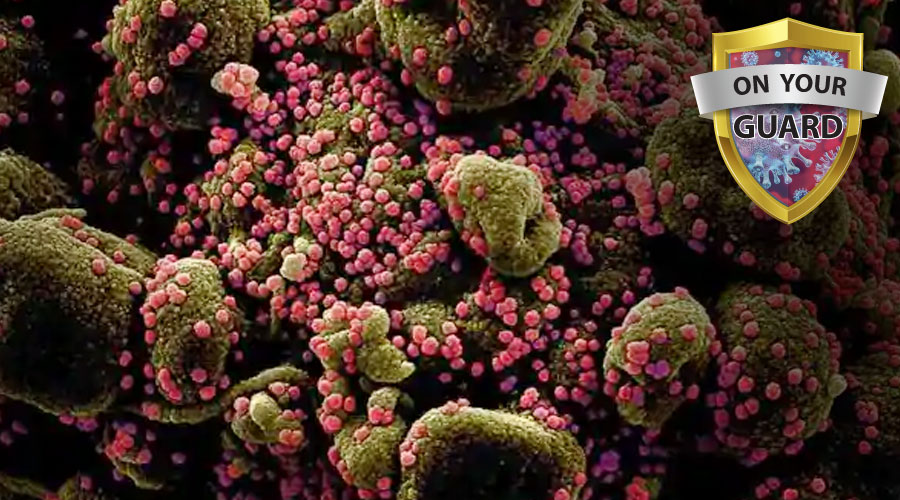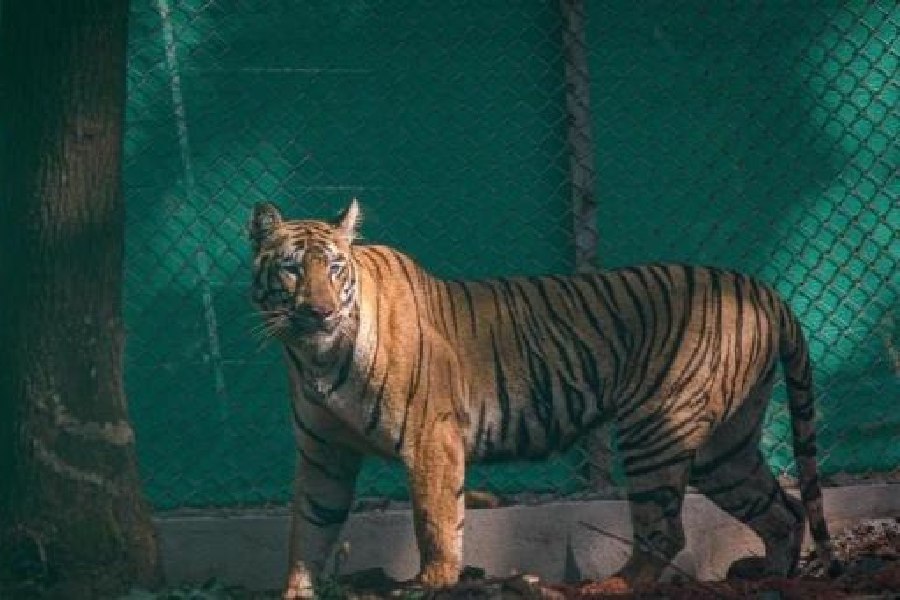Scientists are studying what led to the unexpected surge in India, which is now recording one of the sharpest spikes in coronavirus infections globally. It is now known that the virus seems to have been mutating around the new year. As per evidence, virologists believe it is now more transmissible and able to evade pre-existing immunity.
Shaheed Jameel, who chairs the Scientific Advisory Group for the Indian SARS-CoV2 Consortium on Genomics, says there are two variants that are fuelling the current second wave of infections across the country. These are the B.1.617 and the B.1.1.7 as per data available with the consortium, which was set up by the Indian government in January as a grouping of national laboratories that use genetic sequencing to track the emergence and circulation of viral variants.
In an article in The New York Times, Jameel explains that the B.1.617 variant was first found in India in December _ although an earlier version was spotted in October 2020 _ and it spread through mass events. And we all know what these were. The B.1.1.7 was first identified in Britain, and it arrived in India with international travellers starting in January. But it is the B.1.617 variant that has now become the most widespread in India. Earlier in the week, the World Health Organization designated B.1.617 as a “variant of concern”.
From here it gets a bit more complex. Global data shows that the B.1.617 is diversifying into three sub-lineages: B.1.617.1 (variant type 1), B.1.617.2 (variant type 2) and B.1.617.3 (variant type 3). Also, it is the variant type 2 that is surging in the UK, which is now in the midst of rethinking its “opening up” strategy. And, according to a preliminary report, both British and Indian scientists have found the B.1.617.2 variant in vaccine breakthrough infections in a Delhi hospital.
So what do we do? The WHO chief has said that vaccine supply remains a key challenge and that saving lives and livelihoods with a combination of public health measures and vaccination _ not one or the other – is the only way out of the pandemic. Virologists argue that for India aggressive testing and isolating new cases is the way forward. Simultaneously, vaccinations must be ramped up, especially among the 18 to 44 age group, although the current shortage will make that extremely difficult.
In practical terms, partial lockdowns in infection-intensive states, districts, localities and strict adherence to Covid-appropriate behaviour is a must. So mask up, stay indoors as much as is feasible and maintain social distance if you have to step out.
PS: This column (source: Union ministry of health, WHO, CDC) is for general information. For specific concerns, especially for those with comorbidities, it is advisable to consult your family physician.












